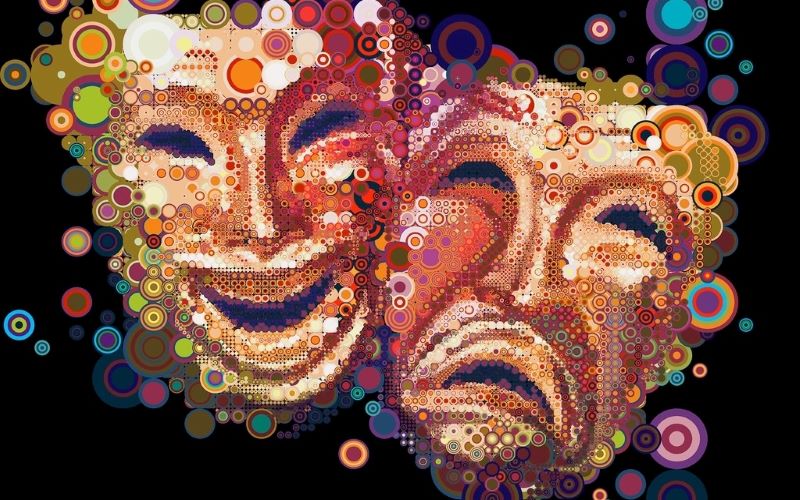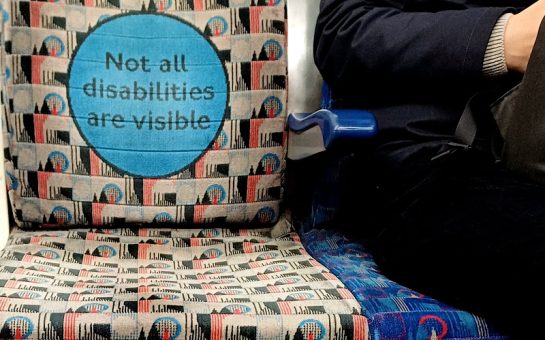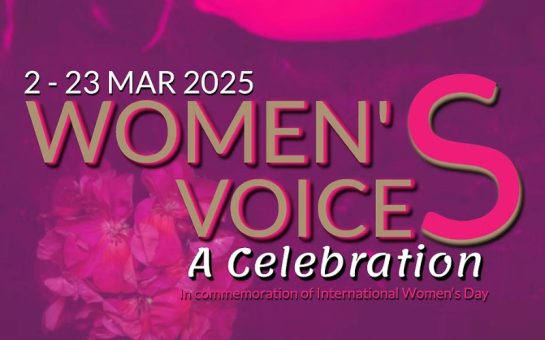A London-based LGBTQIA+ community agency is launching a new peer-led dramatherapy group in Clapham to support GBTQ men living with a health condition.
This includes men who identify as disabled, neurodiverse, or who are living with HIV, a chronic illness, or long COVID.
Dramatherapy is a form of psychotherapy that uses talking, art, music, movement, and other mediums to help participants explore trauma or challenges.
The group is intended to be a safe space for participants and will be led by Spectra, a social enterprise in London that offers free health services specific to marginalised and LGBTQIA+ people.
Becky Bonham-Carter, therapeutic service manager and clinical lead for Spectra’s therapy service, said: “Most people live in gender-normative, hetero-centric environments, and often individuals have been forced to hide their identities or been harmed for expressing their authentic selves.
“Research shows that these communities are more likely to face harassment and micro-aggressions, whether that’s at home, within education, healthcare, or the wider community, which can lead to increased levels of self-harm, suicidal ideation, or isolation.”
Spectra was founded in 1996 as the West London Gay Men’s Project to offer HIV prevention services and contribute to HIV/AIDS research.
The agency still conducts HIV testing and sexual health counselling for all communities.
Since 2012, it has expanded to include other services, including counselling and mentoring for LGBTQIA+ youth and a trans specific counselling service.
It first trialled a dramatherapy group within its trans counselling services, and Bonham-Carter said its success inspired the agency to offer the upcoming initiative for GBTQ men.
Bonham-Carter said one benefit of dramatherapy is that it does not rely only on verbal communication, as participants can use many methods to express themselves.
She said: “It can be useful for people who struggle to communicate, whether that’s due to disability, neurodivergence, or acquired brain injury, or the existence of trauma, where words are too complex, or too hard to come by, or perhaps get in the way.”
Drama therapists undertake master’s level training and are regulated by the Health and Care Professionals Council (HCPC), which sets and monitors compliance with training standards.
In addition, Spectra’s therapy services are peer-led, meaning therapists often come from service users’ communities and may share some of the same identities.
The social aspect of the group is particularly important, Bonham-Carter said, as Spectra has witnessed a rise in feelings of isolation among service users during the COVID-19 pandemic.
The group will meet in person on Tuesday evenings for 10 weeks, beginning 17 May, although the specific location will not be made public to protect participants’ privacy and security.
Participants do not need to have any experience in drama or the arts and will complete a clinical assessment before joining.
More information about the initiative can be found on Spectra’s website, here.
Featured Image credit: Charis Tsevis Via Flickr, under CC BY-NC-ND 2.0 license





